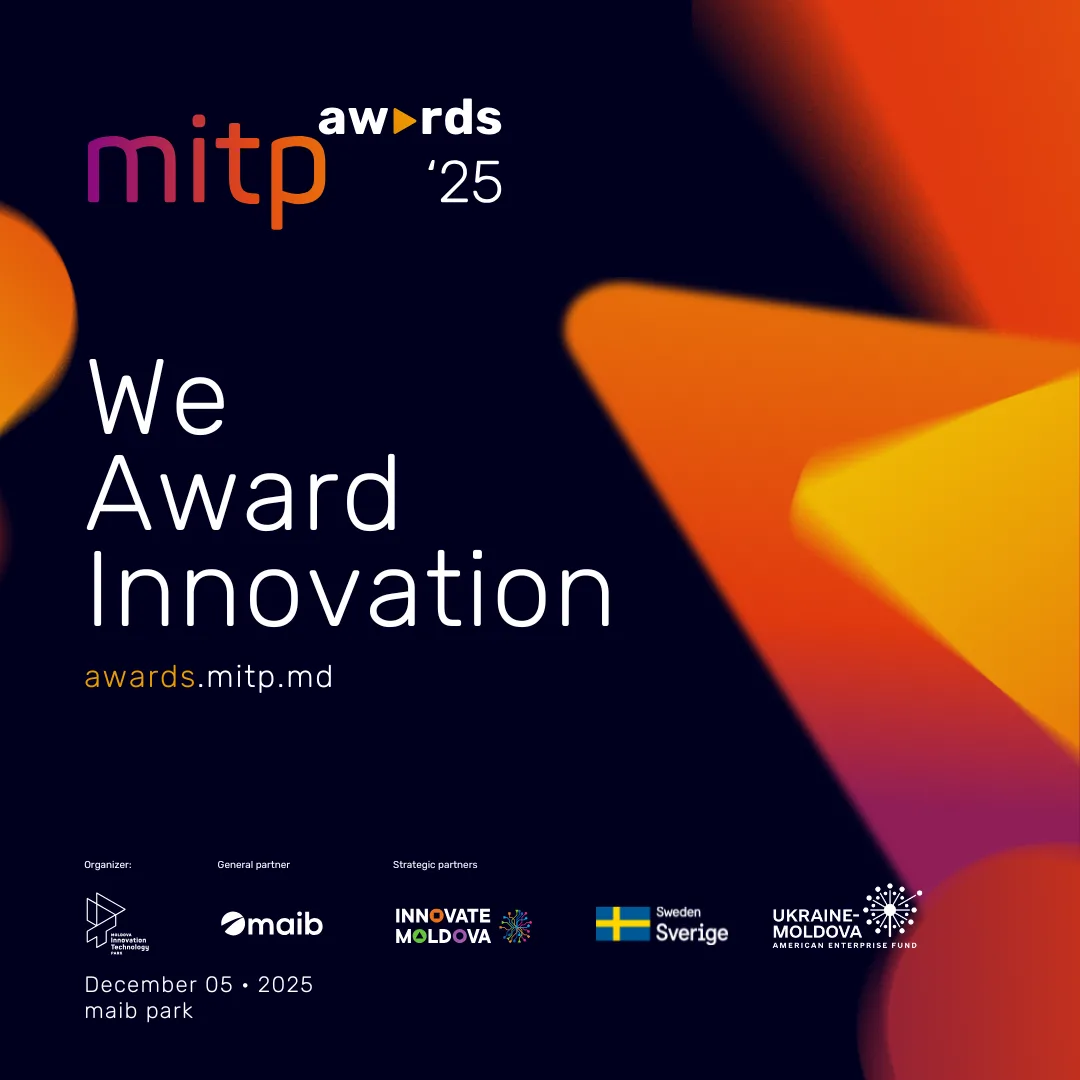The energy sector in Moldova stands at a crossroads, and the Ministry of Energy has introduced a bold legislative initiative to guide it forward. This draft law aims to amend key regulatory frameworks to increase accountability among grid connection applicants and refine mechanisms for managing balancing discrepancies among eligible producers, particularly those relying on renewable energy sources. By addressing speculative grid access, network congestion, and insufficient incentives for renewable energy producers, the proposal seeks to resolve some of the most pressing challenges in the sector. Could this be the decisive reform Moldova needs? It seems so.
Moldova’s energy sector currently faces significant hurdles. A critical issue is the substantial congestion in the electrical grid. Of over 1500 MW of issued connection permits, less than 10% are utilized by operational power plants. Speculative applications with no real intention to build projects block access to serious investors, while unauthorized trading of connection permits inflates costs for renewable energy developments and prolongs the return on investment. Compounding these issues are imbalances among eligible producers. Tolerance levels of +/-4% for photovoltaic plants and +/-8% for wind farms remain inadequately remunerated, discouraging investment and failing to incentivize accurate production forecasting. These challenges have created a rigid and inequitable energy landscape that undermines renewable energy growth and weakens the country’s energy security.
The proposed legislation seeks to address these issues through several significant changes. One key provision introduces mandatory financial guarantees for grid connection permits. Applicants for facilities exceeding 200 kW must provide financial guarantees to secure their commitment. If the project is completed, the guarantee is refunded. If not, the funds will be directed toward grid development by system operators. Another measure ensures fair remuneration for excess energy generated within the established tolerance limits, addressing inequities and encouraging production. Enhanced penalty mechanisms will also be introduced, applying only to energy volumes exceeding specified limits, thereby encouraging better forecasting and production management.
The legislation’s overarching goal is to establish a fair and efficient energy system that supports genuine investments in renewable energy. Solutions include ensuring that only serious investors gain access to grid capacities through financial guarantees, encouraging renewable energy investments by fairly remunerating surplus energy, and eliminating speculative practices that block grid development. Isn’t this the kind of accountability and fairness the sector has been calling for?
Several alternatives were considered but ultimately rejected. Annual limits on grid connection permits could reduce speculative applications but would stifle sector growth and deter investment. Evaluating applicants’ financial capacities would introduce subjectivity and inefficiency without ensuring immediate accountability. Increasing tolerance thresholds for balancing discrepancies would offer more flexibility but fail to address fair remuneration and could create regulatory confusion. These alternatives, while considered, did not adequately meet the sector’s needs.
The law’s implementation is expected to have a significant impact on the public sector. It will improve grid capacity management by reducing speculative applications, allowing resources to be allocated to genuine projects. Local authorities and institutions will benefit from easier access to grid connection permits, fostering community energy projects and reducing reliance on imported energy. Additionally, the financial impact is minimal. The draft law does not require public funding, as financial guarantees from investors will fund grid development if projects are not completed. Remuneration for surplus energy will incentivize renewable energy investments without incurring extra costs for the state.
Private sector investors will find a more competitive and predictable environment. Financial guarantees will discourage speculative applicants, reducing grid congestion risks, while fair remuneration for surplus energy will enhance project profitability and stimulate renewable energy development. Over time, these measures will ensure equitable access to the grid and improve the utilization of Moldova’s energy potential.
The Ministry of Energy’s draft law marks a critical step toward modernizing Moldova’s energy sector. By holding applicants accountable and incentivizing renewable energy production, it lays the foundation for a sustainable, equitable, and transparent energy system. The question is, will these measures reshape Moldova’s energy landscape for the better? The evidence strongly suggests that now is the time for bold action.






